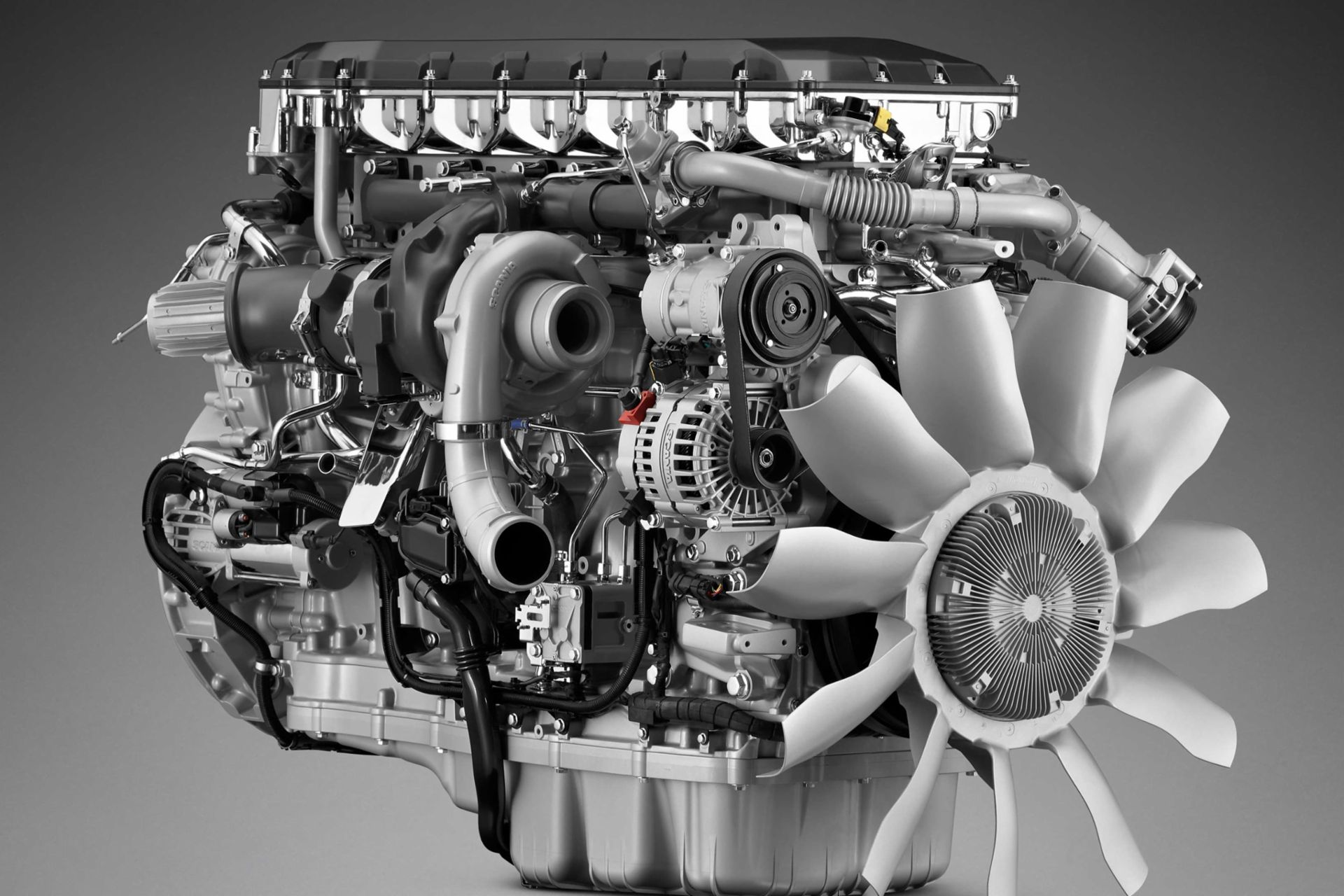Discover High Quality Options with Engines For Africa's Inventory
Discover High Quality Options with Engines For Africa's Inventory
Blog Article
A Complete Overview to Choosing the Right Engine for Your Job
Picking the proper engine for your job is an essential decision that can dramatically impact its general success. It is important to meticulously define your job requires, review efficiency requirements, and think about user-friendliness along with other vital variables. Additionally, comprehending the neighborhood assistance readily available and looking at cost implications can additionally fine-tune your choice. Each of these components plays a pivotal role in making sure that your chosen engine not just fulfills prompt objectives however also aligns with long-term desires. As we check out these factors to consider, you might discover that the nuances of each element expose greater than initially anticipated.
Specify Your Project Needs
Defining your task needs is a vital step in choosing the ideal engine for successful application. A comprehensive understanding of your project's objectives will certainly guide you in determining the capacities and features required from an engine. Begin by detailing the range of your task, including the desired performance, target market, and the details outcomes you aim to attain.
Following, consider the technical demands that line up with your task objectives. This consists of evaluating the compatibility of the engine with existing systems, as well as the programming languages and frameworks that will be used. Furthermore, examine the degree of scalability called for to suit future development or adjustments popular.
Spending plan restraints additionally play a vital role in defining your project needs. Establish a clear monetary framework to guide your decision-making procedure, ensuring that the engine picked fits within your budget plan while giving the necessary functionality.
Evaluate Efficiency Needs

Next, think about the scalability of the engine. Evaluate whether it can manage increased workloads as your job grows. Engines that sustain horizontal scaling are commonly better for larger applications. Additionally, assess the engine's performance under different problems, such as peak use circumstances, to guarantee it meets your reliability requirements.
Take Into Consideration Simplicity of Use
While technical requirements are crucial, the ease of usage of an engine can significantly impact the development procedure and total job success. An intuitive user interface, clear paperwork, and streamlined workflows can drastically decrease the understanding curve for designers, allowing them to focus on imagination and analytical instead of grappling with facility devices.
When evaluating an engine's ease of use, take into consideration the onboarding experience. A well-structured introduction, complete with tutorials and sample tasks, can facilitate a smoother change for new customers. Additionally, the clearness and comprehensiveness of the engine's paperwork play a critical function; thorough guides and API recommendations can equip designers to repair and execute attributes successfully.
An engine that enables for easy alterations can be more easy to use, as designers visit the website can tailor it to fit their particular needs without substantial inconvenience. Ultimately, choosing an engine that prioritizes ease of usage can lead to a much more satisfying and efficient growth experience.
Assess Area and Assistance
The strength of an engine's area and support network can considerably affect a designer's experience and success. A vibrant neighborhood usually suggests a wealth of common knowledge, resources, and repairing help that can enhance your task's growth procedure. When examining an engine, consider the size and activity degree of its community. read here Larger neighborhoods usually use much more online forums, tutorials, and third-party plugins, making it possible for developers to find remedies much more successfully.
In addition, evaluate the availability of main assistance channels. Reputable documents, receptive client assistance, and routine updates are vital for resolving technical issues and maintaining your task on the right track. Engines For Africa. Active areas also promote collaboration, offering opportunities for networking and comments, which can be important, especially for independent developers or tiny groups
Additionally, investigate the presence of community-run events, such as hackathons or meetups. These events can improve your understanding of the engine while attaching you with prospective collaborators and skilled users. In recap, a durable community and support system not only simplify advancement yet likewise produce a setting helpful to finding out and development, inevitably enhancing the likelihood of your project's success.
Compare Price and Licensing Options
Budget plan factors to consider play an important function in selecting the best engine for your job, as the expense and licensing options can significantly affect both short-term costs and lasting feasibility. Engines For Africa. Various engines provide differing rates frameworks, which can consist of one-time acquisition costs, registration versions, or revenue-sharing contracts based on your task's revenues

Certifying alternatives also differ dramatically. Some engines are open-source, using adaptability and community-driven assistance, while others might call for exclusive licenses that limit use and distribution. Comprehending the effects of each licensing design is important, as it influences ownership civil liberties, future scalability, and potential legal obligations.
Verdict
To conclude, choosing the suitable engine for a project demands a comprehensive analysis of specified job requirements, efficiency demands, simplicity of use, area support, and cost considerations. By methodically resolving these essential variables, decision-makers can make sure placement with both present and future task demands. An educated choice ultimately boosts the useful site possibility of task success, enabling efficient source appropriation and optimizing potential results within the defined budgetary constraints.
Selecting the appropriate engine for your project is a crucial decision that can considerably impact its general success.Specifying your task needs is a vital step in picking the ideal engine for effective application. An extensive understanding of your task's objectives will guide you in identifying the capabilities and attributes needed from an engine.As soon as you have a clear understanding of your job requires, the next action is to review the performance demands of the engine.In verdict, selecting the proper engine for a project requires an extensive examination of specified project needs, efficiency needs, simplicity of use, area support, and expense factors to consider.
Report this page